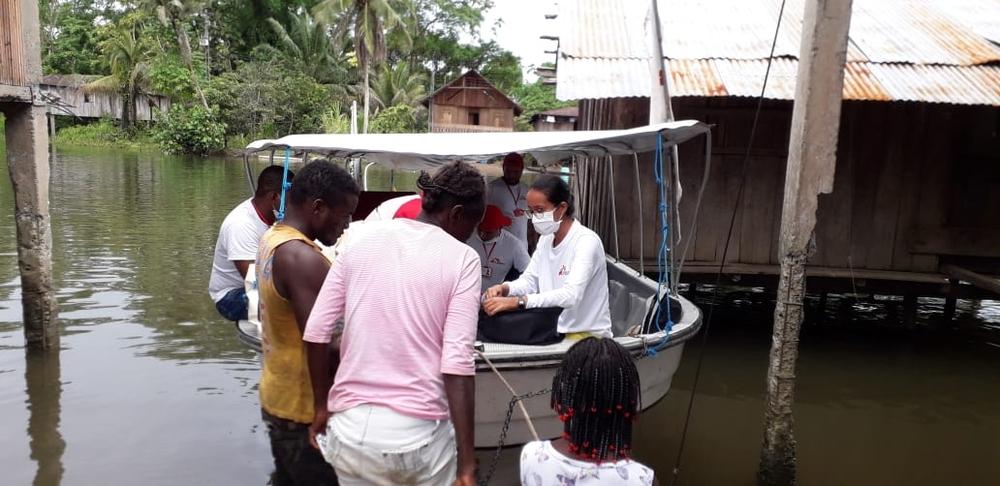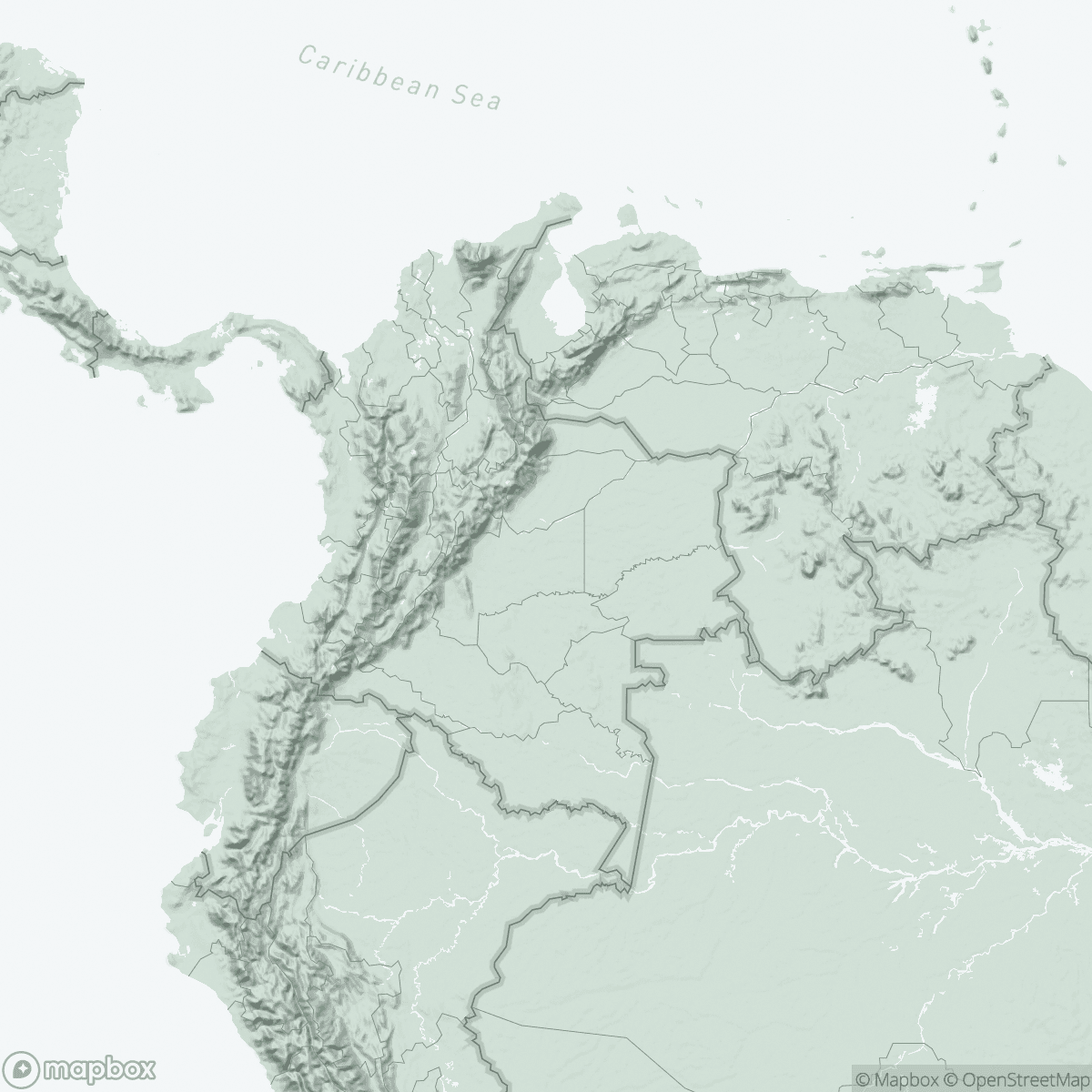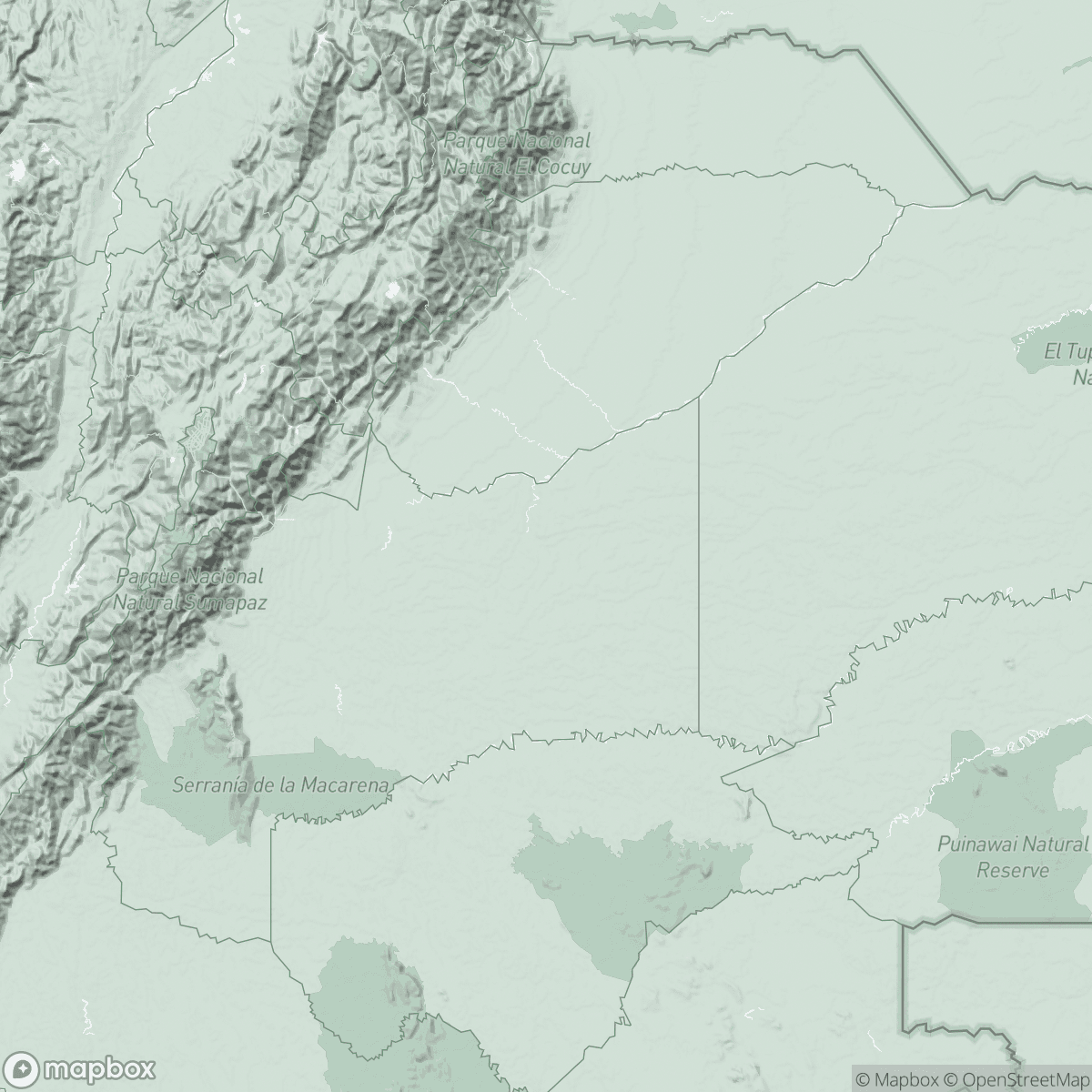
Roberto Payán, Nariño: A new overlooked humanitarian emergency in Colombia
In 1 click, help us spread this information :
More than 1,500 people remain in shelters with inadequate conditions after fleeing clashes between armed groups in the rural Roberto Payán municipality, in western Colombia’s Nariño department. A proper response from regional and national institutions is urgently needed to alleviate their suffering.
The escalating conflict in the rural Roberto Payán municipality continues to harm the health and wellbeing of the civilian population. Fighting between armed groups in the area has forced more than 1,500 people from the Unión de Cuenca community council area to flee to the urban capital. There, they have been settled in schools and other buildings, which are not equipped to safely house them.
On 13th May, a team from Médecins Sans Frontières/Doctors Without Borders (MSF) began a project to address the needs of these people. The team found a worrying situation, particularly in terms of the mental health of displaced communities. The trauma of their displacement has been compounded by food shortages, a lack of personal hygiene items, and overcrowded, unsanitary conditions in their makeshift shelters.
“Most of the people are only getting two meals a day. The lack of space, mattresses and blankets means that many are sleeping outside during the rainy season. All this causes people stress and anguish, so in addition to the medical response, we have focused our activities on providing coping tools that can help them in these difficult circumstances,” says Alejandrina Camargo, MSF medical activities manager in Nariño.
Despite the urgency, the response from official entities has been insufficient. Unnecessary delays in food management have put the food security of the population at risk. Too little is being done to address the needs of the high number of unaccompanied minors and those being cared for by their siblings, in the midst of this humanitarian emergency.
“Unfortunately, population displacements due to the conflict have become more frequent in Roberto Payán and the surrounding municipalities in recent months. This is not the first time that many of our patients have experienced something like this, and it negatively affects their physical and mental health,” adds Camargo.
MSF calls on all authorities to immediately increase protection for communities that have been regularly affected by the increase in violence in recent months. Humanitarian institutions and agencies must ensure a timely and sufficient deployment of humanitarian aid, including better preparedness for future emergencies. MSF, which works under the principles of neutrality, impartiality and independence, also reiterates how important it is that all parties involved in the conflict guarantee the safety of emergency medical services.


